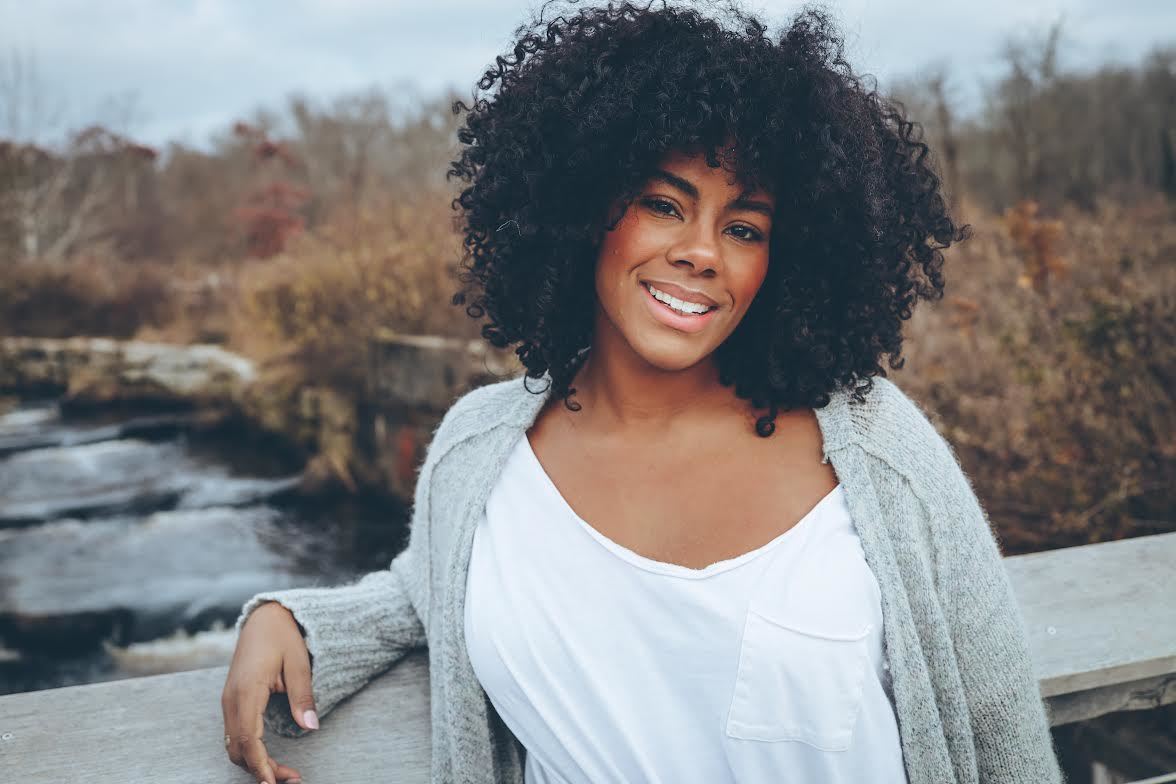
Sasha Watson is a Speech-Language Pathologist who works for Boston Public Schools. She has a half time caseload working directly with students and is the Coordinator of the Feeding and Swallowing Program for the school system. This program requires her to assess students, as well as train, and support teachers, para professionals, and parents. In addition to her job in Boston, she works on the weekends at a skilled nursing facility.
Why did you decide to become a Speech-Language Pathologist?
My mother and grandmother worked with developmentally disabled adults. Growing up, I was always included in going to work with my mom or the clients would come to my sporting events for outings. Accepting people who were different, learning to have patience, and standing up for people who couldn’t stand up for themselves were lessons I didn’t know I would become passionate about. When I was 16 years old, I worked a summer job as a paraprofessional in a collaborative program for student with a variety of needs. I worked in a classroom with students that had Down syndrome, cerebral palsy, Fragile X syndrome, and fetal alcohol syndrome. I loved participating in their therapy groups and watching them learn/explore access to communication. The following fall when I applied to colleges, I knew I wanted to be in the field, and I began my undergraduate studies at Northeastern University.
What are some of the challenges that you have faced in the field?
I have worked in a variety of settings starting with skilled nursing, outpatient adult, outpatient pediatrics, private non-profit school, and public school currently. I have faced challenges in all settings and have had to rely on my personal morals and ethics to guide my practice, advocacy, and peace of mind. I have felt the pressure of over performing and needing to “prove” I was competent enough, a struggle many of us face in underrepresented spaces. I think one of the biggest challenges has been to stand firm in my intelligence and professionalism and not fear backlash from people in power or with political connections within the field.
What setting are you working in currently? (setting, kinds of students, groups etc.)
I currently work in the public-school setting with students navigating intellectual impairments, physical impairments, and feeding/swallowing difficulties. I also work per diem in the skilled nursing setting. My patients have various diagnoses and vary in age range from 50’s- to late 90’s.
What advice do you want to give to the next generation of SLPs?
Honor your commitment. Not to your job but to yourself. Respect and show gratitude for the hard work, emotional labor, and success you have EARNED. Do not be afraid to shine and admit where you need to grow. Ask for help and be committed to the challenge of doing what is right for yourself and for your patients. Lastly, have fun and always be a student. I have learned so much from my patients/students/ clients that could’ve never been captured in a textbook.
